The recent elections were historic for the transgender community as Virginia’s Danica Roem is the first openly transgender person elected to a US state legislature. Andrea Jenkins, who won a seat on the Minneapolis City County, is the first openly trans person of color to ever hold public office in the United States.
Last year, Utah’s Misty Snow made history as one of the first openly transgender individuals to win a major-party nomination as the Democratic Senate candidate. Although her bid was unsuccessful, she is running for Congress, aiming for the 2018 primary.
The election of transgender citizens to public office is a huge win for the transgender community and marks another rise in visibility for trans-identified individuals in this country.
In addition to having trans voices represented in the political arena, openly trans individuals are also competing in the athletic arena. Nike spokesperson and duathlete in running and cycling, Chris Mosier, was the first openly transgender athlete to compete on a US national team in 2016. Harvard University swim team’s Schuyler Bailar, was the first openly transgender athlete to compete on a National Collegiate Athletic Association Division 1 men’s team.
In popular culture, television shows such as «Transparent» (renewed at the end of the summer for a fifth season), «Orange is the New Black,» «Nashville» and «Modern Family» have brought transgender actors and characters onto the small screens.
At a recent meeting of the American Society for Reproductive Medicine in San Antonio, Richard Paulson, Society president explained that advances in science would allow a trans woman to receive a donated, transplanted uterus and carry a child to term.
While transgender visibility is increasing, research by the National Center for Transgender Equality showcases the pervasive anti-transgender bias, verbal and physical assault and economic hardship experienced by many trans people in this country.
As a university educator, I understand that those of us in education stand at the front line, meeting our young people who may be navigating issues of gender identity. We are in a position to demonstrate to our trans-identified students that they are valued, accepted and protected members of our school communities. The challenges facing trans youth are significant and life threatening.
Trans-identified individuals have significantly higher rates of suicide attempts. While an estimated 4.6 percent of the general US population has reported a lifetime suicide attempt, a staggering 41 percent of trans or gender nonconforming individuals report attempting suicide, according to a recent report.
Anti-transgender violence is another significant threat and the Human Rights Campaign reported that in 2017 alone, at least 25 transgender people were murdered in the United States, the majority of whom were trans women of color.
Recently, two trans women of color were found dead, both victims of gunshot wounds. Stephanie Montez, murdered in Texas, and Candace Towns, murdered in Georgia, are the 24th and 25th known victims of fatal anti-trans violence this year. Both suffered the additional indignity of being misidentified by gender by police personnel and the media.
The estimated 150,000 transgender youth in the United States are also facing considerable challenges in US schools. Perhaps most troubling is the Gay, Lesbian and Straight Education Network’s report that schools are some of the most hostile environments for LGBT students. The report states that transgender and gender nonconforming students experience the highest rates of bullying, verbal and physical assault, as well as discriminatory practices.
Ash Whitaker, a male-identified transgender student in Kenosha, Wisconsin, suffered daily indignities as he was denied access to male restrooms at his high school and reportedly even presented with a green wristband to help staff ensure that he exclusively used a gender-neutral restroom in the school’s office.
Whitaker took the district to court, arguing that his rights were being violated under both the Fourteenth Amendment of the Constitution and under Title IX. Whitaker won his lawsuit and the subsequent appeal, a historic win, as it was the first time that an appeals court interpreted these laws to protect transgender individuals. This ruling was despite the current administration’s roll-back of President Barack Obama-era guidance advising all schools that Title IX regulations protect transgender students.
The Williams Institute also noted that suicide attempts were reported by more than 50 percent of trans-identified students who were harassed or bullied in school contexts and by 78 percent of those sexually assaulted in school. For the estimated 150,000 trans-identified youth in this country, the hostile environment is a significant challenge contributing to the elevated suicide risk among trans people.
Education and training can contribute to the creation of a more inclusive society that does not condone such injustice based on gender identities. Unfortunately, that is not always the case.
The transgender college students with whom I have interacted have described negative interactions with some professors, ranging from persistent misgendering and misnaming to denying them the ability to present their gender identity in course-related off-campus activities like student teaching.
In one especially disturbing case, a professor suggested a student «fade into the background, because some people are going to find this disgusting.»
These kinds of interactions may represent ignorance or lack of experience in working with trans youth, but also contribute to the hostile school climate plaguing the trans community.
School administrators and teachers must work to combat these disturbing trends. The moral imperative of supporting trans students is clear. This is a matter of life or death for the youth who deserve to be educated in a safe environment.
To be sure, some may not fully understand the issue of gender diversity and may struggle to find ways to support trans youth. The US public is split on the issue of public bathroom usage for transgender people. A 2016 Reuter’s poll found that 43 percent of respondents believed that transgender individuals should use the bathroom associated with their biological sex at birth.
Although transgender students make up a small percentage of school age children in this country, public schools are mandated by law to protect and serve all students. Some teachers may adopt the attitude that until they have a trans student, this issue does not concern them.
Yet, as trans youth find openly trans role models across a range of professional identities, the number of openly trans students enrolled in US public schools is likely to increase.
Rather than passively watch this public health crisis grow, teachers and administrators can be proactive in educating themselves about the issues facing trans youth and adopting inclusive school and classroom policies that provide opportunities for gender-diverse students to learn and thrive.
Recently organizations and coalitions for LGBT rights have issued guidance for school districts and teachers wishing to learn how to better support trans and gender nonconforming youth. «Schools in Transition: A Guide for Supporting Transgender Students in K-12 Schools» and the Gay, Lesbian and Straight Education Network’s «Model District Policy on Transgender and Gender Nonconforming Students» are two examples of best practices documents that provide educators and administrators with concrete guidance on how to best serve trans and gender nonconforming youth.
The Consortium of Higher Education LGBT Resource Professionals has issued a similar best practices document to help colleges and universities better support trans students on their campuses.
Gender Spectrum offers trainings on the topic of gender identity to schools and other organizations and Campus Pride offers its Safe Space Program trainings both in-person and online to help educators cultivate more inclusive classroom environments for all LGBT youth. The Trans Youth Equality Foundation also offers workshops on the needs of trans and gender nonconforming youth for student groups, educational institutions and other professional organizations.
Trans rights are human rights. As educators, we can model and inform all students the importance of understanding and valuing gender diversity. Even as we protect and honor trans students enrolled in education, we must also protect all trans people through education.

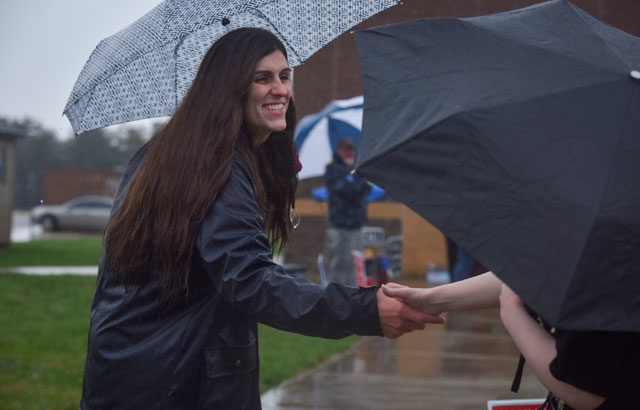
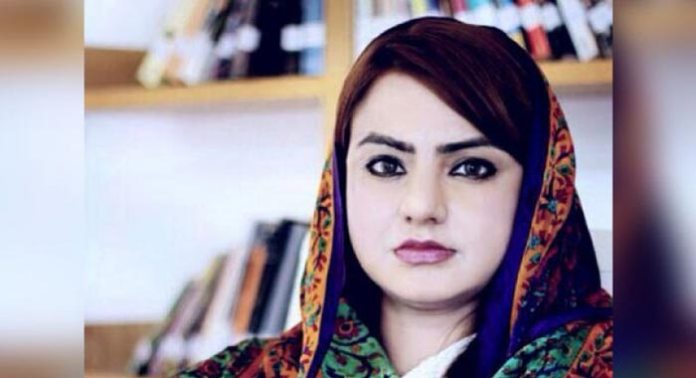
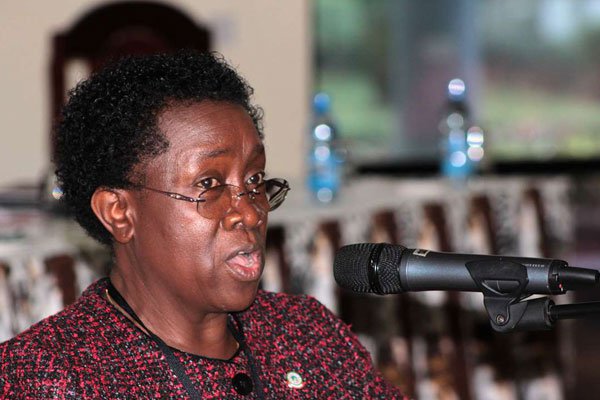
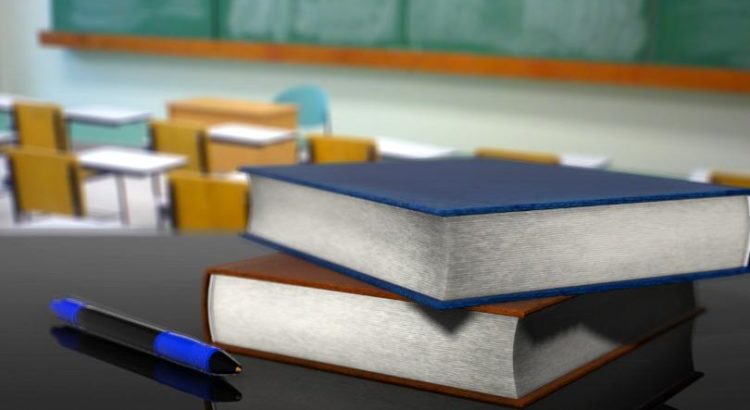
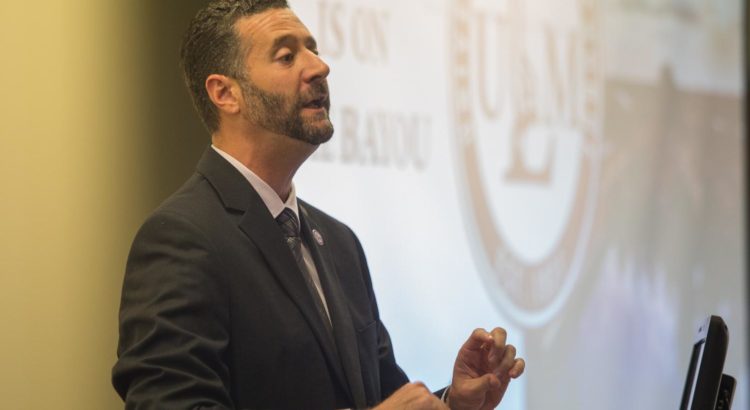
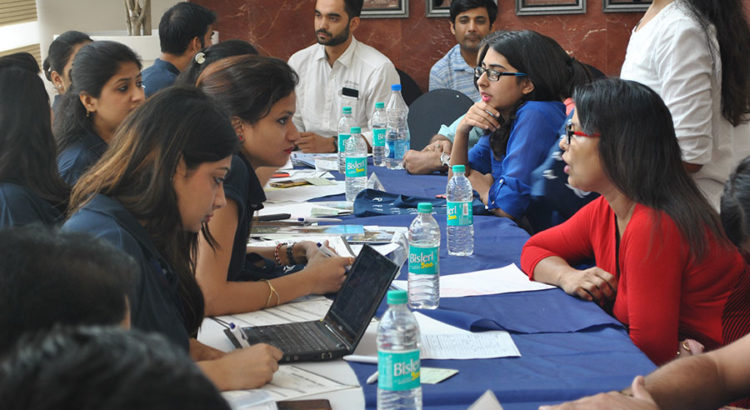





 Users Today : 10
Users Today : 10 Total Users : 35404633
Total Users : 35404633 Views Today : 10
Views Today : 10 Total views : 3334220
Total views : 3334220